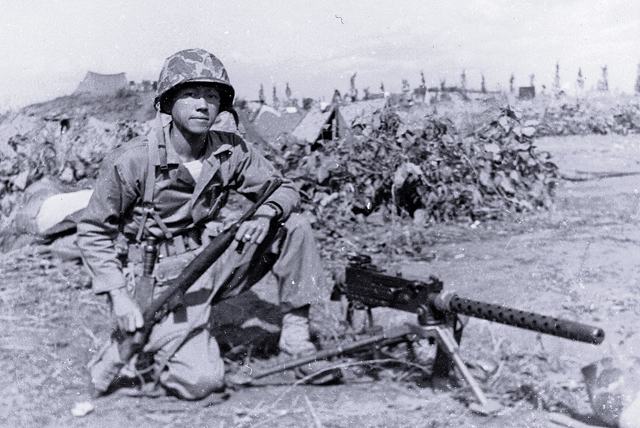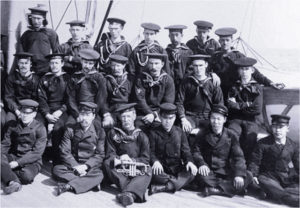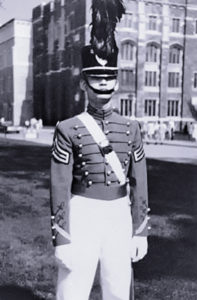
Asian Americans and Pacific Islanders have helped shape the history of the United States, and many of their lives have been dramatically influenced by moments in U.S. history. Every May, the Defense Department joins the rest of the nation in celebrating Asian American Pacific Islander Heritage Month.
The observance originated in a congressional bill in 1977 by U.S. Reps. Frank Horton, R-N.Y., and Norman Y. Mineta, D-Calif. They introduced a House resolution that called on the president to proclaim the first 10 days of May as Asian/Pacific Heritage Week. The following month, U.S. Sens. Daniel Inouye, D-Hawaii, an

d Spark Matsunaga, D-Hawaii, introduced a similar bill in the Senate. Both were passed in 1978.
In 1990, President George H.W. Bush designated the month of May as Asian American Pacific Islander Heritage Month. May was chosen to commemorate the immigration of the first Japanese to the U.S. on May 7, 1843, and to mark the anniversary of the completion of the transcontinental railroad on May 10, 1869. The majority of workers on the western portion of the line were Chinese immigrants.
Today, Asian and Pacific Islanders make up around 3% of the military’s active National Guardsmen and reservists of the military.
Although small in number, their contributions to America’s wars have been tremendous. Thousands deployed to Iraq and Afghanistan. Other examples are but a small sampling:
The 100th Infantry Battalion, composed of Japanese Americans during World War II, achieved noteworthy service in the 1944 Italian campaign.

Retired Army Gen. Eric K. Shinseki, who was of Japanese descent, became the Army chief of staff in 1999 and was later secretary of the Department of Veterans Affairs.
Marine Corps Maj. Kurt Chew-Een Lee, who’s of Chinese descent, was awarded the Navy Cross Medal for extraordinary heroism in leading a counterattack against enemy forces during the Korean War. He also served during World War II and the Vietnam War.
Cpl. Joseph Pierce, a soldier in the Union Army who fought in both the Battles of Antietam and Gettysburg as a member of the 14th Connecticut Infantry, was one of about 50 Chinese Americans who enlisted during the U.S. Civil War.
Navy Petty Officer 2nd Class Telesforo Trinidad, who was of Filipino descent, became the first Asian American to receive the Medal of Honor after rescuing two shipmates when an explosion occurred aboard the armored cruiser USS San Diego in 1915. Risking his own life, Trinidad entered a smoke-filled fire room and carried sailors to safety before being injured when a boiler exploded.
In years since then, 31 service members of Asian or Pacific Islander heritage were awarded Medals of Honor.
Through the Navy’s female reserve program during World War II, Asian American women also supported the war effort, mainly as linguists and nurses. Navy Lt. Susan Ahn Cuddy blazed a trail when she became the first Asian American woman to join the Navy alongside her brothers in 1942. The daughter of Korean immigrants, Cuddy would go on to become a code breaker and the first female Navy gunnery officer.


